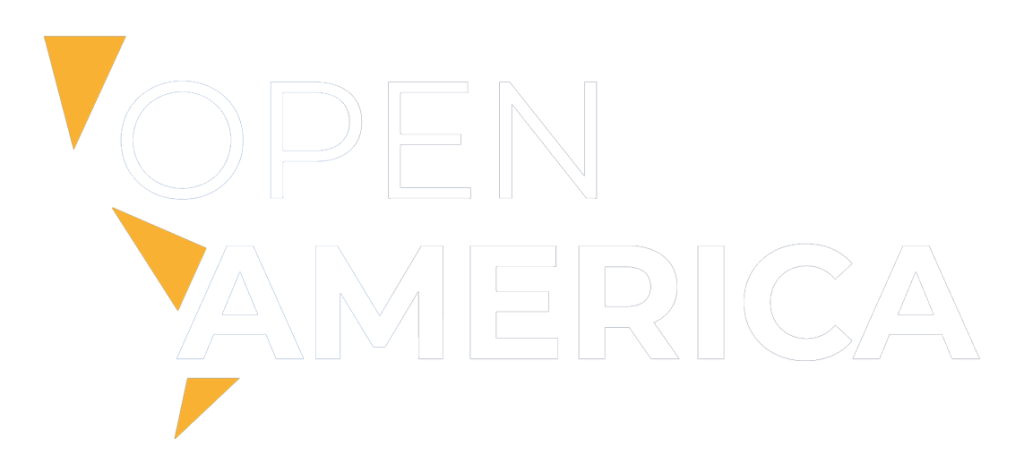
BRASÍLIA, DF – BRASIL
From December 3rd to 6th, 2024
About
For the first time, Brazil is hosting Open America, which brings together renowned international meetings focused on research, publication and use of open data related to topics such as transparency, access to information, open government, civic technologies, data journalism, digital government, accountability and equity.
The Open America program will include a range of national and international activities, such as the Open Meeting for an Open Region (Abrelatam), the Regional Conference for Open Data in Latin America and the Caribbean (Condatos), the Brazilian Conference on Data Journalism and Digital Methods (Coda.Br), Data Week BR and the Open Government Meeting.
This edition of the cycle of events will be held under the coordination of a Local Organizing Committee, made up of the Office of the Comptroller General, Open Knowledge Brasil, the Ponto BR Information and Coordination Center and the University of São Paulo’s Development and Participation Collaboratory.
Also participating as organizers are the Organization of American States (OAS), the Latin American Open Data Initiative, the Organization for Economic Cooperation and Development (OECD), the Open Government Partnership (OGP), and the Economic Commission for Latin America (ECLAC).
The event will take place at the Serzedello Corrêa Institute in Brasilia from December 3 to 6, 2024.
Local Organizing Committee
Comptroller General of the Union (CGU)
The Brazilian federal government body responsible for defending public assets, transparency and fighting corruption. It acts through internal control, public auditing, corrections, ombudsman and anti-corruption actions.
Open Knowledge Brasil (OKBR)
National non-partisan, non-profit organization that uses and develops civic tools, analyzes public policies, works with data journalism and promotes free knowledge to make the relationship between government and society more transparent, with more effective and open political participation.
Ponto BR Information and Coordination Center (NIC.br)
A non-profit civil entity that implements the decisions and projects of the Brazilian Internet Steering Committee. Its areas of activity include Internet infrastructure, security, indicators and web technologies.
Collaboratory for Development and Participation at the University of São Paulo (COLAB/USP)
Research center that works in partnership with governments and civil society organizations, focusing on open government, access to information, transparency, privacy, freedom of expression and network collaboration.
International organizers
Organization of American States (OAS)
The main regional forum for dialogue, policy analysis and decision-making related to Western Hemisphere affairs. It promotes leadership among the nations of the Americas, identifying problems and opportunities in the hemisphere, covering topics such as democracy, human rights, multidimensional security and sustainable development.
Latin American Open Data Initiative (ILDA)
ILDA promotes open data in Latin America, encouraging collaboration and the use of public information to boost innovation, transparency and citizen participation.
Organization for Economic Cooperation and Development (OECD)
International organization that seeks to promote policies to improve the economic and social well-being of people around the world, through cooperation and the sharing of good practices.
Open Government Partnership (OGP)
A global initiative that brings together governments and civil society to promote transparency, accountability, citizen participation and innovation in the public sector.
Economic Commission for Latin America (ECLAC)
ECLAC is one of the five regional commissions of the United Nations and its headquarters are in Santiago de Chile. It was founded to contribute to the economic development of Latin America, to coordinate actions aimed at promoting it and to strengthen the countries’ economic relations with each other and with the other nations of the world. Later, its work was extended to the Caribbean countries and included the objective of promoting social development.